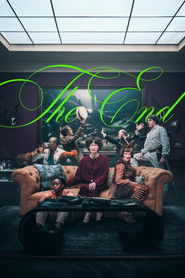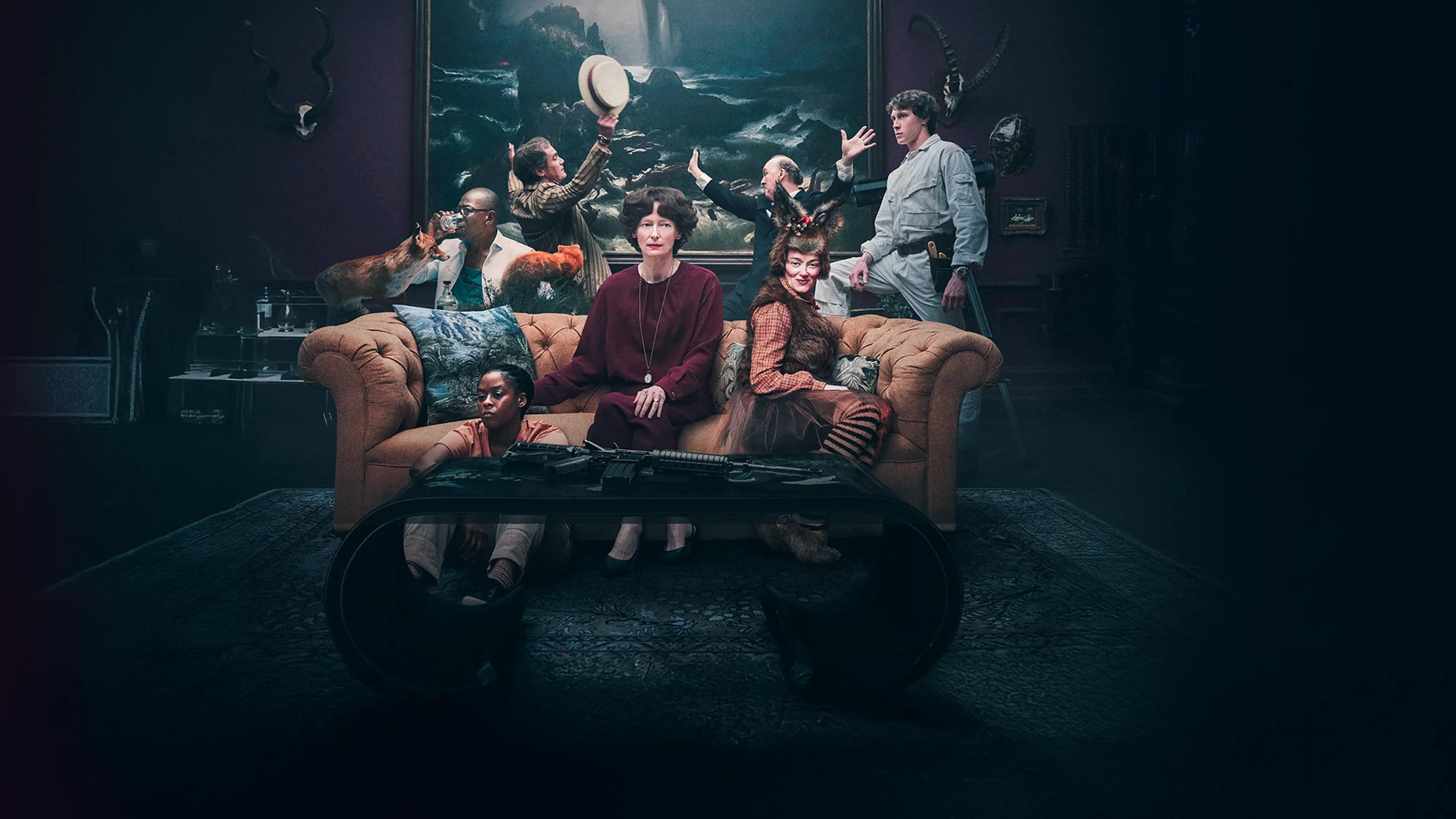Watch The End (2024) Movie

Twenty-five years after environmental collapse left the Earth uninhabitable, Mother, Father and Son are confined to their palatial bunker, where they struggle to maintain hope and a sense of normalcy by clinging to the rituals of daily life—until the arrival of a stranger, Girl, upends their happy routine. As tensions rise, their seemingly idyllic existence starts to crumble.

- bunker
## The Clockwork Heart Stalls: A Deep Dive into "The End" and the Loss of Mechanical Wonder
*The End*, the indie darling game that arrived with little fanfare but detonated with the force of a melancholic supernova, is a game about endings. Not just the ending of the game itself, but the endings of eras, of relationships, and ultimately, the fading of wonder in a world increasingly reliant on cold, calculated logic. While the gameplay revolves around resource management and puzzle-solving in a decaying clockwork city, the true brilliance lies in its narrative tapestry woven with themes of obsolescence and the price of progress.
**Spoilers abound from here on out. Consider yourself warned.**
The protagonist, a nameless mechanic, is tasked with keeping the city's colossal clockwork heart ticking. This heart, the very lifeblood of the metropolis, is failing. As you delve deeper into its intricate mechanisms, scavenging for parts and wrestling with increasingly complex repairs, you uncover more than just rusted gears and leaky pipes. You find echoes of a forgotten past.
The city, once a beacon of innovation and artistry, is now a crumbling testament to unchecked ambition. The creators, driven by a relentless pursuit of efficiency, systematically replaced the human element with automated systems. The artists were silenced, the artisans marginalized, and the very essence of creativity sacrificed on the altar of productivity. We see this through fragmented memories, salvaged documents, and the mournful whispers emanating from the remnants of the city's cultural hubs, now repurposed into sterile factories.
This isn't simply a narrative of man versus machine. *The End* is far more nuanced. The machines themselves aren't inherently evil. They are a reflection of the creators' desires, their aspirations twisted and distorted by an insatiable hunger for progress. The game forces you to confront the question: at what cost do we pursue innovation?
The core conflict revolves around the ethical dilemma of repairing the heart. As you gather the necessary components, you discover that the "improvements" made to the heart have inadvertently created a system of dependency. The city's inhabitants, now utterly reliant on the automated systems, have lost the skills and knowledge necessary to survive without them. Rebuilding the heart, while seemingly the only option, perpetuates this cycle of dependence, ensuring their continued vulnerability.
And here's where the game truly shines. There is no "good" ending. Regardless of your choices, the outcome is tinged with melancholy. You can succeed in restarting the heart, plunging the city back into its automated routine, albeit with a temporary reprieve. This ending offers a semblance of hope, a continuation of life, but it also reinforces the city's dependence on the failing technology.
Alternatively, you can choose to sabotage the repairs, allowing the heart to finally stop. This ending is devastating. The city descends into chaos, and its inhabitants, unprepared for self-sufficiency, face an uncertain future. Yet, amidst the despair, there's a glimmer of hope. The end of the clockwork heart forces the city to confront its own obsolescence and potentially, to rebuild from the ashes, embracing a more sustainable and human-centric future.
*The End* is a poignant commentary on our modern obsession with technological advancement. It's a reminder that progress without purpose, innovation without compassion, can lead to a sterile and ultimately unsustainable existence. The game’s true beauty lies not in its intricate puzzles or its captivating visuals, but in its unsettling reflection on the price of progress and the enduring importance of human ingenuity and connection in a world increasingly dominated by machines. It leaves you pondering long after the final cog has ground to a halt. It truly feels like, in a way, just the beginning.

Post a Comment